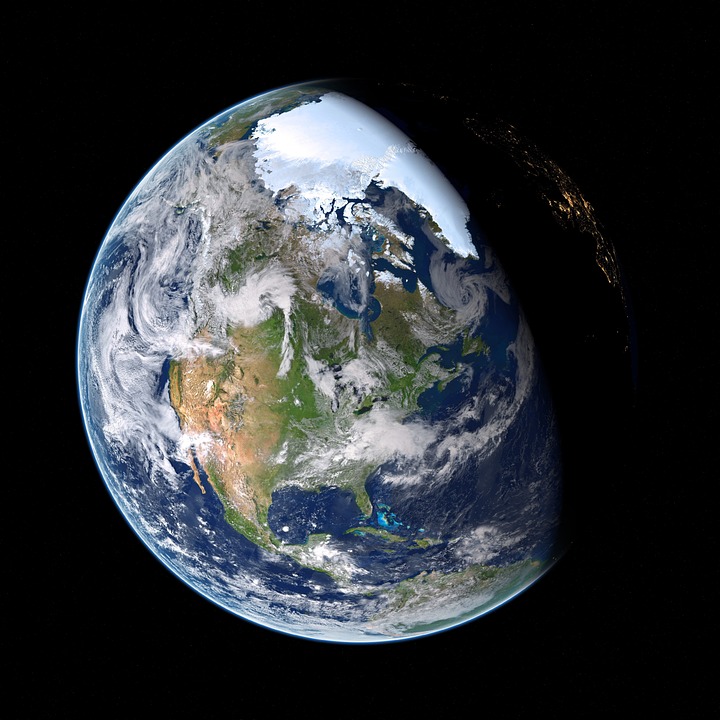The Rise and Fall of Global Warming Concerns
Global warming, also known as climate change, has been a hot topic in recent years. With increasing temperatures, rising sea levels, and extreme weather events, it seemed like the world was on the brink of a climate disaster. However, in recent years, the conversation around global warming seems to have shifted. What happened to global warming?
The Rise of Climate Change Denial
One of the reasons for the shift in the conversation around global warming is the rise of climate change denial. There are some individuals and organizations who deny the scientific consensus on climate change, arguing that it is not caused by human activities or that it is not as serious as it is made out to be. This has led to confusion and misinformation among the general public, making it harder to take action on climate change.
The Role of Politics
Politics has also played a role in the shift in the conversation around global warming. In some countries, politicians have downplayed the seriousness of climate change or have rolled back environmental regulations in favor of economic growth. This has created a divide between those who believe in taking action on climate change and those who do not, making it harder to implement policies to address the issue.
The Importance of Taking Action
Despite the shift in the conversation around global warming, it is still important to take action on climate change. The scientific consensus is clear that climate change is real and is largely caused by human activities. If we do not take action to reduce greenhouse gas emissions and mitigate the effects of climate change, we will continue to see the devastating impacts on our planet and future generations.
Conclusion
While the conversation around global warming may have shifted in recent years, it is important to remember the importance of taking action on climate change. We must work together to reduce our carbon footprint, protect our planet, and ensure a sustainable future for all. Global warming may have fallen out of the spotlight, but it is still a pressing issue that we must address.

Kyle Whyte is a notable scholar and professor at the University of Michigan, holding positions such as the George Willis Pack Professor in the School for Environment and Sustainability and Professor of Philosophy. Specializing in environmental justice, his work critically examines climate policy and Indigenous peoples’ ethics, emphasizing the nexus between cooperative scientific endeavors and Indigenous justice. As an enrolled Citizen Potawatomi Nation member, he brings a vital perspective to his roles as a U.S. Science Envoy and member of the White House Environmental Justice Advisory Council. His influential research is supported by various prestigious organizations including the National Science Foundation, and disseminated through publications in high-impact journals. Kyle actively contributes to global Indigenous research methodologies and education, with affiliations to numerous institutes and societies dedicated to traditional knowledge and sustainability. Recognized for his academic and community engagement, Kyle has earned multiple awards and served in various visiting professorships. His efforts extend to leadership positions on boards and committees focused on environmental justice nationwide.
